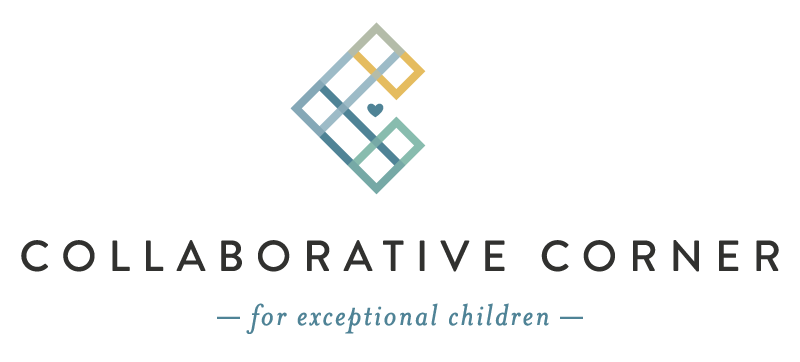September Is Suicide Prevention Awareness Month
September is Suicide Prevention Awareness Month. We must focus on initiating the conversation to eliminate the stigma, ensuring that our children have access to the treatment and supports needed. Although there is limited research specifically focused on children with varying exceptionalities, the topic is no less relevant for the community. Research has shown that individuals diagnosed with depression are at a higher risk for death by suicide. Children with varying exceptionalities are often victims of bullying by peers. Bullying can result in a child experiencing feelings of hopelessness or of being a burden to their families.
In 2019, the Center for Disease Control estimated one death by suicide every twelve minutes in the United States. Globally, death by suicide is the 2nd leading cause among individuals 5-25 years old, and 1 in 100,000 children ages 10-14 will die by suicide each year. Although suicidal thoughts may be common, it should never be considered normal and often an indicator of more serious concern. Death by suicide is preventable. Knowing the warning signs, risk, and protective factors are the keys to saving lives.
Warning Signs
Negative view of self
A sense of hopelessness or no hope for the future
Isolation or feeling alone
Making suicide threats
Frequently talking about death or dying
Feeling like a burden to others
Drastic changes in mood and behaviors
Engaging in risky behaviors
Self-harming behaviors
Giving away items
Risk Factors
Physical disability or illness
History of substance abuse
History of a mental health condition
Access to harmful means
Relationship problems
Previous attempts at death by suicide
Recent death of a family member or close friend
Losing a friend or family member to death by suicide
Ongoing exposure to bullying behavior
Protective Factors
Parent connectedness
Connections to other non-parental adults
Academic achievement
School safety
Awareness of and access to local health services
Neighborhood safety
Closeness to caring friends
Overall resilience
If you, your child or somebody you know is struggle with thoughts and feelings of suicide, there is help. One call can save a life.
National Suicide Prevention Lifeline
1-800-273-8255
suicidepreventionlifeline.org
In an emergency dial 911
Should you have any additional questions or need support in the area of mental health, please reach out to Amy Moncion at any time at amoncion@collaborativecorner.org.
References:
Suicide Awareness Voices of Education
American Foundation for Suicide Prevention
Amy Moncion, MSW, LCSW
Panelist, Mental Health Qualified Supervisor
amoncion@collaborativecorner.org

